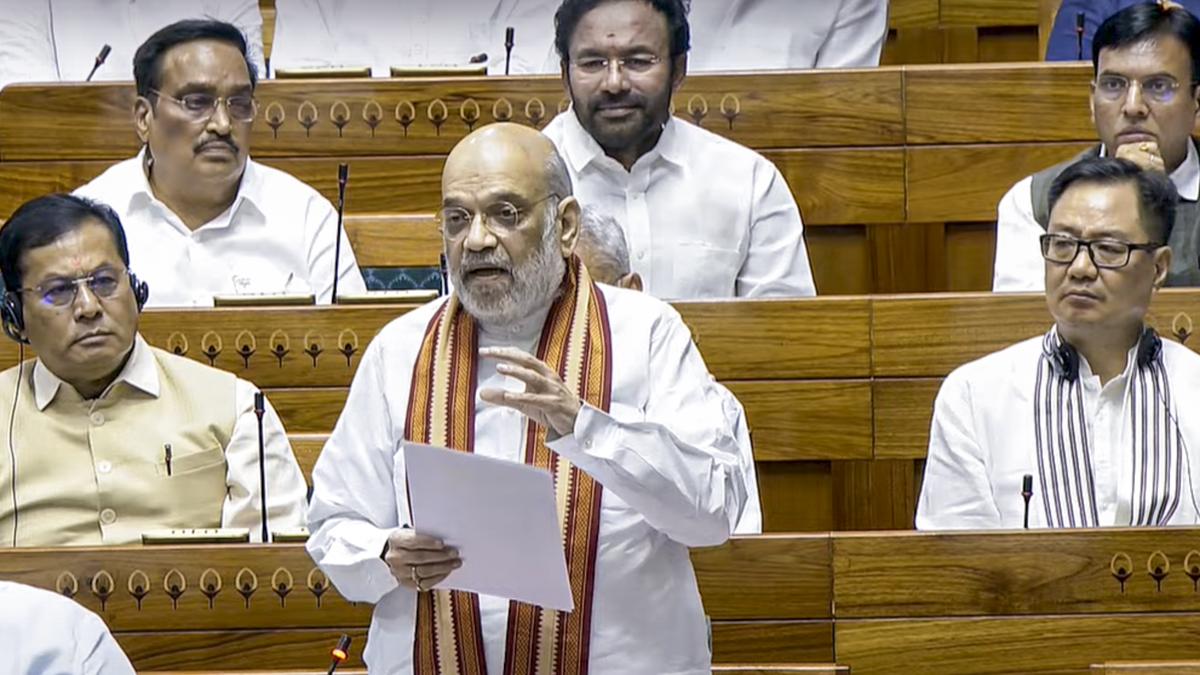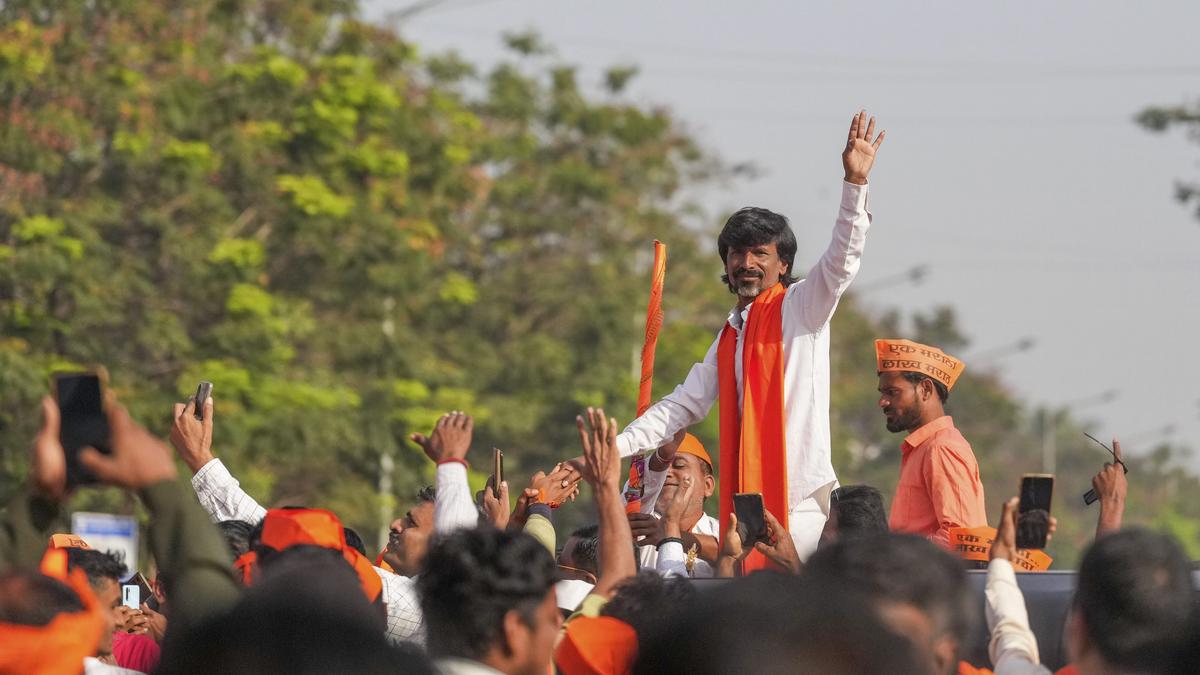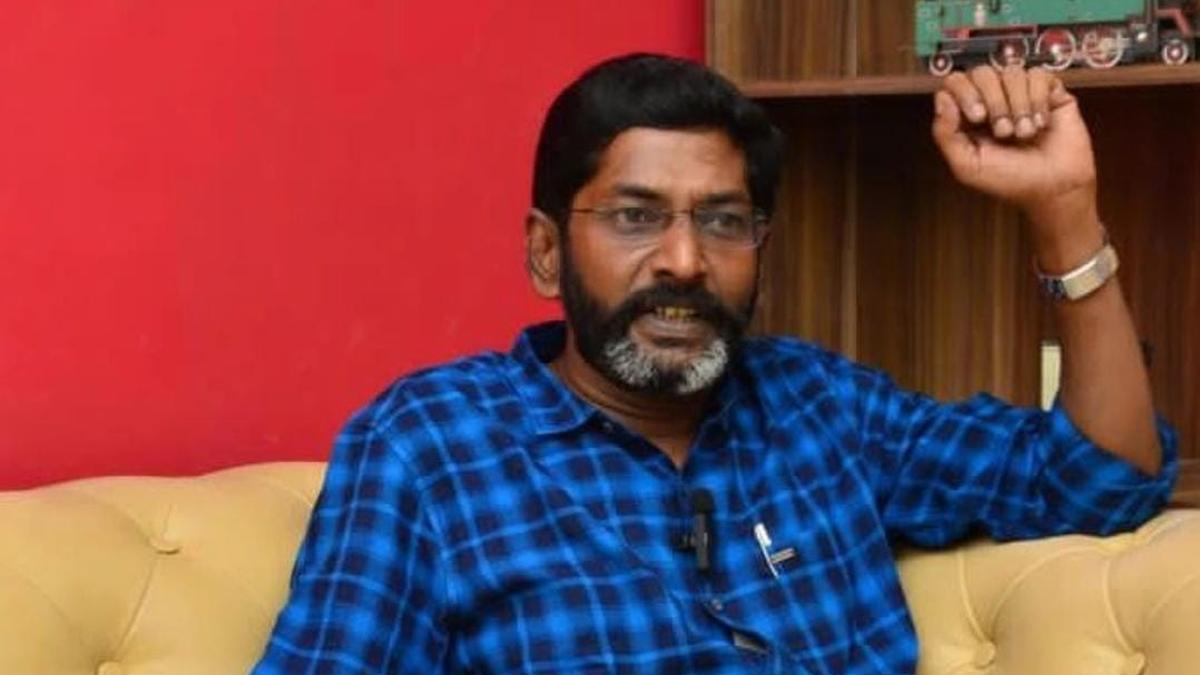Now Reading: Amit Shah Confirms Elimination of Pahalgam Terror Attack Suspects During Parliament Session
-
01
Amit Shah Confirms Elimination of Pahalgam Terror Attack Suspects During Parliament Session
Amit Shah Confirms Elimination of Pahalgam Terror Attack Suspects During Parliament Session

Quick Summary:
- Union Home Minister Amit Shah announced in the Lok Sabha that three terrorists involved in the April 22 Pahalgam attack were eliminated in an operation near Srinagar.
- The operation, named “Operation Mahadev,” was conducted jointly by the Army, CRPF, and Jammu and Kashmir Police.
- The killed terrorists were identified as Suleman (alias Faizal), Afghani, and Jibran. Two of them belonged to Lashkar-e-Taiba and were categorized as A-category terrorists.
- Security forces detained individuals who aided these terrorists for identification purposes. Their statements confirmed the involvement of the killed individuals in the Pahalgam attack.
- Weapons recovered from the site – including M-9 pistols and AK-47 rifles – matched ballistic evidence from cartridges found at Pahalgam using forensic testing.
- Pakistani voter ID cards, chocolates manufactured in Pakistan, and weapons with Pakistani origins were recovered from two of the slain terrorists.
- Amit shah described the Pahalgam attack as barbaric, where innocent civilians were cruelly killed based on their religion. He also highlighted damage caused by Pakistani shelling to civilian areas including religious structures.
Indian Opinion Analysis:
The elimination of three high-profile terrorists marks a significant milestone for india’s counterterrorism efforts under Operation Mahadev. By identifying those responsible for one of this year’s most brutal attacks at Baisaran valley in Pahalgam through forensic tests and detentions of informants, it demonstrates an effective collaboration between multiple security agencies – Army, CRPF & Jammu & kashmir Police.
Union Home Minister Amit Shah’s detailed presentation underscores India’s advanced use of technology like ballistic analysis to ensure conclusive evidence while handling sensitive operations like this one transparently. Though, references to artifacts such as voter ids or food linked to Pakistan may strain relations further while bolstering perceptions that cross-border links are active even today.
From a broader viewpoint for India’s internal security stance regarding Jammu & Kashmir policies-neutral observers may recognize both escalation risks when incidents inflame key territorial-diplomatic disputes
























